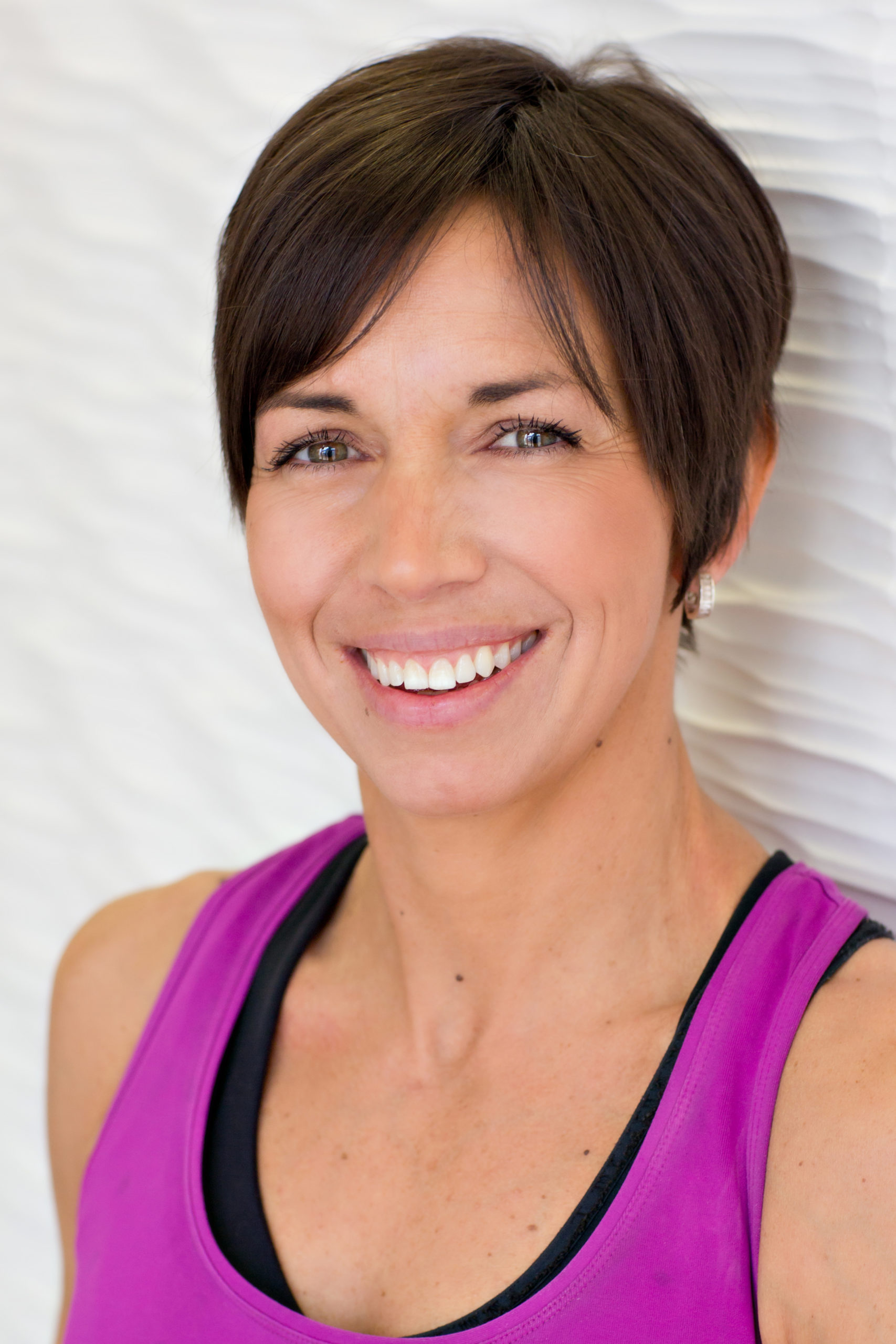Many of us are familiar with the concepts and challenges related to the Menopause, but what’s happening during the Perimenopause?
In short, perimenopause age for most women starts around aged 35 – 40, and starts by most women noticing that ‘things are changing’ in their bodies and their moods and probably also noticing that current strategies for diet, exercise and lifestyle don’t seem to work anymore, and indeed are starting to have a negative effect.
Women at this time in their life want and need something different than the offerings of the mainstream gym and fitness facilities. As we age we lose lose mobility and flexibility and quite literally start to ‘dry up’.
In my mind key issues are
- mobilisation
- free movement
- mental de-fuzz!
Hydration is key, not only in terms of drinking water but in adding sufficient movement to hydrate the connective
tissues.
The more you move, the more efficiently and pain-free you will move.
The less you move, the less efficiency you will have and the more potential for discomfort you’ll experience.
Cortisol reducing activity is ESSENTIAL for all women of perimenopause age and above
Elevated Cortisol is a trigger for many of the hormonal cascades that disregulate the entire endocrine system.
Alongside elevated blood sugar, it’s one of our primary focus points when establishing ‘well-being’ in this and any life-phase. Hence the reason that long distance cardiovascular exercise that may have helped you keep trim in your twenties and thirties may no longer work
Lactate Threshold
When we exercise we need to create the oxygen-debt that will lead to lactate threshold being achieved.
We need to ‘get out of breath, sweaty and ‘feel the burn’ but not for extended periods – 20-30 minutes 3 x /
week are fine.
Ultimately, if you feel drained after a session……it’s the wrong kind of session for where you currently are in
terms of intensity and /or duration and will increase cortisol levels having the reverse effect from that you set out to achieve
A twice-weekly, very short intense session of Tabata style training (10mins) even on a stationary bike can have great benefits for both
metabolic efficiency and heart/lung health with appropriate choice of intervals and work time, according to past and current health/abilities.
Weighted Work
There are many benefits to resistance training at perimenopause age
- Improves and maintains muscle mass.
- Improves and maintains positive metabolic rate.
- Improves posture and gait.
- Improves ADL strength.
- Boosts Human Growth Hormone.
- Improves insulin sensitivity
- Improves and maintains a more ‘youthful’ skin and muscle
Bone health status will differ from woman to woman and needs to be taken into account
All movement is good but some movement will provide more stimulus for bone growth and maintaining bone density than others.
Swimming, cross trainers, rowers and cycling are all great forms of exercise but they really don’t rate highly when itcomes to creating an impactful environment that stimulates bone growth….
The aim is to include impactful exercise that involves heel-strikes and foot-falls that are appropriate to their pelvic health, orthopaedic status.
A yoga class a week is an excellent recommendation to a 3rd Age Woman, not only for the physical benefits but for the psychological, restorative and adrenal support benefits too.
Other factors to take into account are
- General fitness levels and where she is on her movement journey
- Pelvic health and the possibility of prolapse, incontinence and hysterectomy
SUMMARY
To keep herself fit and strong, the perimenopause age woman should consider the following weekly activity regime
- More walking/movement each day – ‘planned incidental’ activity. This walk can double up as your ‘nature break’ if
you are lucky and live/work somewhere green. - A dance class such as Salsa and Zumba might also be useful for those with more dancey tastes as both involve purposeful foot-fall…
- Muscle-maintaining/hGH boosting Metabolic Training >Minimum 3 x per week for 20-30 mins.
- Oxygen-debt-promoting/lactate threshold session > 10-15 mins 1 x per week.
- Restorative/nurturing/me-time – as long as you like/can manage – DAILY!

Rachel Law is a personal fitness trainer based in New Malden, Surrey. Qualifications: ActivIQ Level 3 Personal Training; Burrell Education Pregnancy Exercise Prescription; Burrell Education Advanced Pregnancy Wellness Practitioner; Burrell Education Advanced Post Natal Exercise Prescription; Burrell Education 3rd Age Women Optimal Health and Nutrition; Burrell Education Peri Natal Athlete; Burrell Education Pelvic Flow and Freedom; Olympic Weight Lifting; Premier Global Kettlebells; FIE Level Assessment and Mentoring




